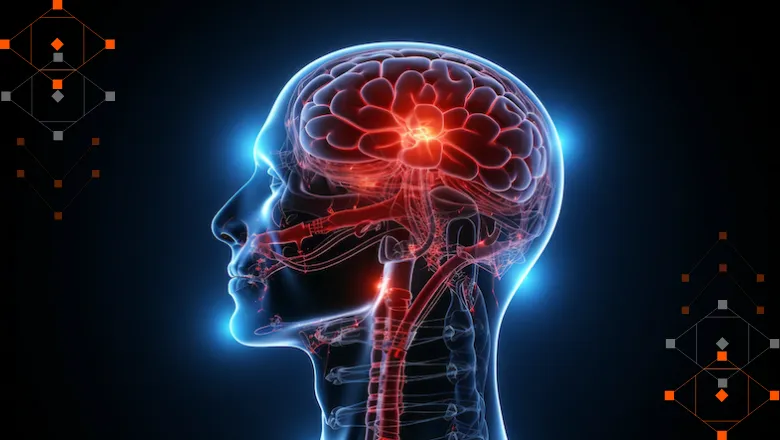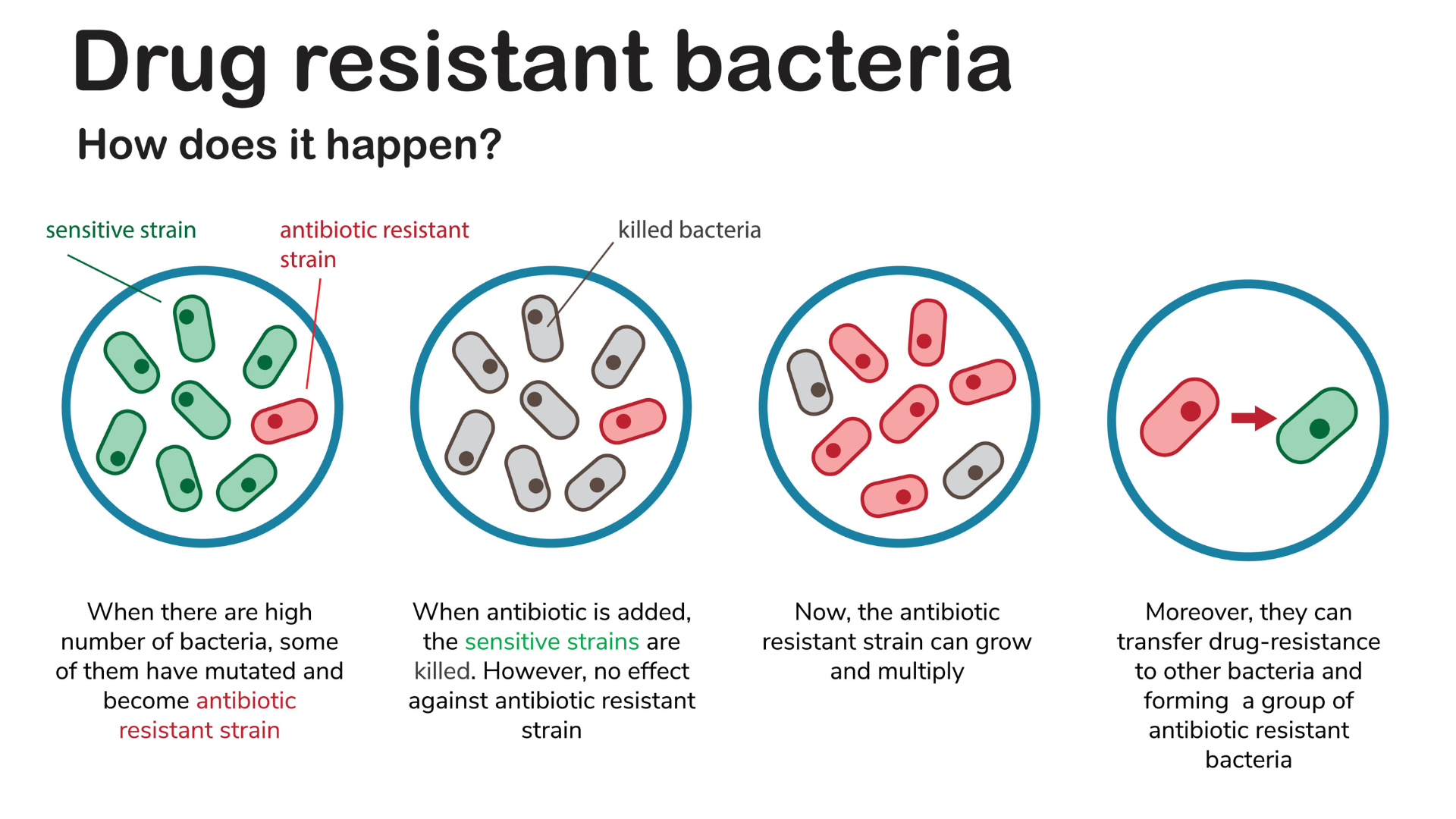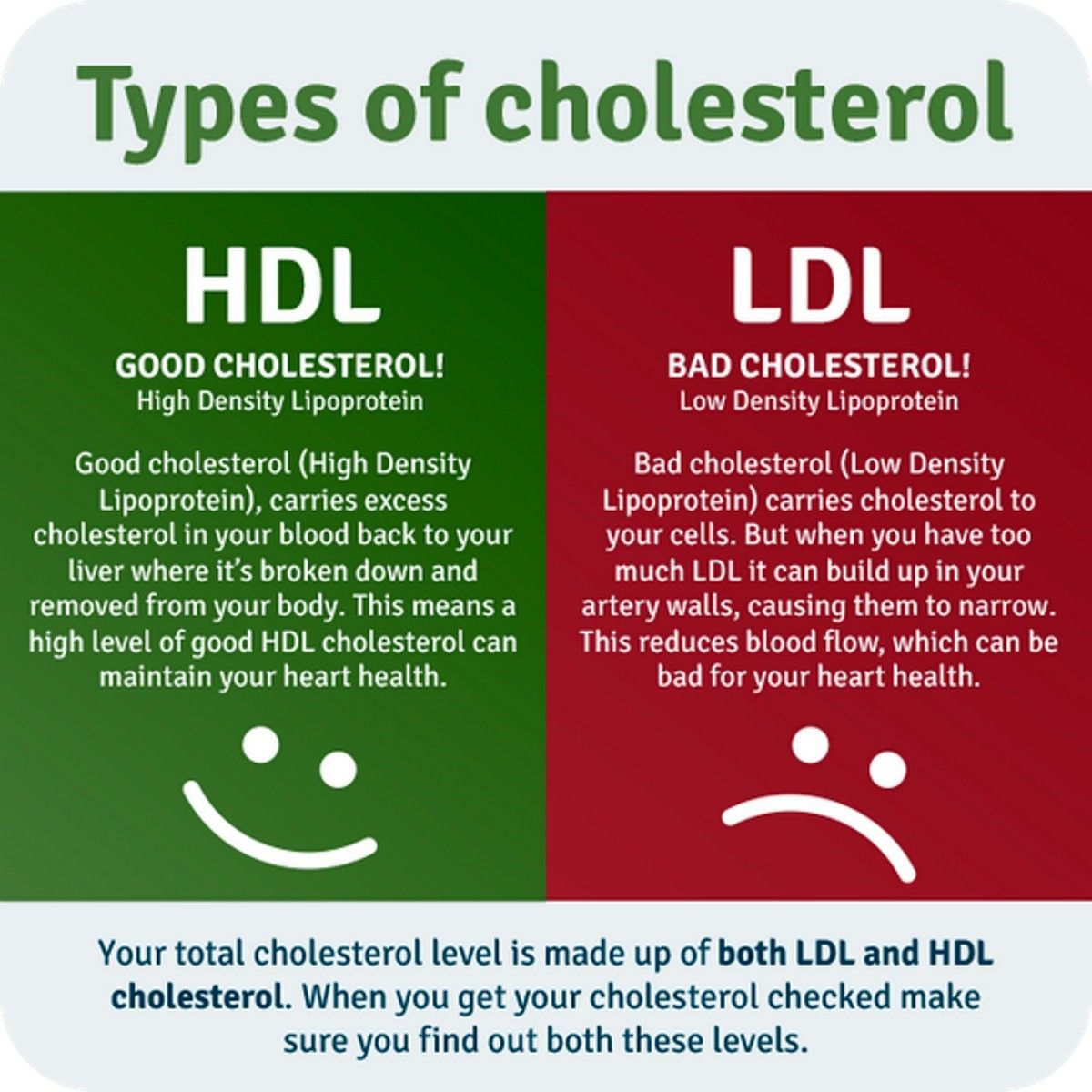AI brain cancer prediction is transforming the landscape of pediatric oncology by providing a more precise method for assessing relapse risk in children with brain tumors. A groundbreaking study from Mass General Brigham demonstrated that an artificial intelligence tool significantly outperformed traditional techniques when predicting the recurrence of pediatric glioma, a type of brain cancer in children. By analyzing a comprehensive set of nearly 4,000 magnetic resonance imaging (MR) scans from over 700 young patients, researchers leveraged a novel approach known as temporal learning, allowing the AI to learn from sequential scans over time. This innovative methodology not only enhances the predictive accuracy—ranging from 75% to 89%—but also reduces the burden of frequent imaging and follow-ups for families. With advancements in AI in medicine, the potential for improving care and outcomes for children facing brain metastases and cancer recurrence may soon be within reach.
The emergence of artificial intelligence in predicting brain cancer outcomes marks a significant advancement in the medical field, particularly for pediatric patients suffering from tumors like gliomas. This predictive technology utilizes sophisticated algorithms that analyze serial imaging data to gauge the likelihood of cancer recurrence effectively. By employing a dynamic learning process, researchers aim to refine predictions and enhance treatment planning for young patients undergoing magnetic resonance imaging evaluations. Moreover, this approach addresses critical concerns regarding patient stress and family dynamics associated with ongoing monitoring and assessments. As AI tools continue to evolve, they promise to redefine paradigms surrounding childhood brain cancer and offer hope for more targeted interventions and improved patient management.
The Importance of Early Detection in Pediatric Glioma
Early detection of pediatric gliomas is crucial in managing brain cancer in children. These tumors, while often treatable, can vary significantly in their risk of recurrence, making timely intervention essential. The traditional approach has relied heavily on both imaging and regular follow-ups, which can impose a stressful burden on young patients and their families. Identifying high-risk patients early on can lead to tailored treatment plans that not only focus on immediate surgical solutions but also anticipate necessary follow-up care.
In recent years, advancements in medical technologies, particularly with the integration of AI tools, have significantly enhanced our ability to catch brain cancer at critical stages. By analyzing multiple magnetic resonance imaging (MRI) scans over time, researchers have improved relapse risk predictions in pediatric patients. This development represents a significant shift away from conventional methods, offering hope for more efficient monitoring and management of pediatric glioma.
AI Brain Cancer Prediction and its Implications
AI brain cancer prediction tools are revolutionizing the way clinicians approach the management of pediatric gliomas. A recent study has demonstrated that AI models trained with temporal learning techniques can analyze multiple MRI scans and significantly outperform traditional single-scan predictions concerning cancer relapse. By accurately synthesizing data from scans obtained over time, these AI applications equip healthcare professionals with the insights needed for early intervention and more personalized treatment strategies.
The implications of enhanced AI brain cancer prediction are profound. It not only streamlines the process of monitoring but could also potentially reduce the frequency of neuroimaging for low-risk patients, thus minimizing their exposure to unnecessary procedures and alleviating the psychological strain associated with recurrent imaging. The goal is to not only identify which children are likely to experience relapse but to do so with greater confidence, allowing for preemptive targeted therapies that could save their lives.
Leveraging AI for Cancer Recurrence Prediction
Leveraging AI for cancer recurrence prediction marks a significant advancement in medical imaging and treatment strategies. Traditional methods that rely on single MRI images often result in inaccurate predictions, with rates that mirror chance. However, by utilizing a temporal learning approach, AI is now able to parse through sequential images, allowing researchers to see subtle changes and trends indicative of recurrence. This offers an unprecedented level of detail and predictive capability in the context of pediatric brain cancers.
The study conducted by researchers from Mass General Brigham and its collaborators illustrates the power of AI in this context. They analyzed almost 4,000 MR scans, training the AI model to understand the chronological progression of tumor characteristics post-surgery. This innovative approach not only boosts prediction accuracy to between 75% and 89% but also represents a model that could be replicated in various medical fields, enhancing the overall effectiveness of AI in medicine.
The Role of Magnetic Resonance Imaging in Brain Cancer Management
Magnetic Resonance Imaging (MRI) has been a cornerstone in the diagnosis and management of brain cancers, especially in pediatric patients. Regular imaging allows clinicians to monitor the progression of tumors like pediatric gliomas and is essential for understanding post-operative recovery. However, MRI alone does not provide a comprehensive view of each patient’s risk of recurrence, making supplementary tools, particularly AI-driven analyses, an invaluable addition to the standard of care.
Utilizing MRI in tandem with AI allows for a dynamic approach to monitoring cancer patients. The ability to evaluate multiple scans over time can significantly refine a physician’s ability to detect potential relapses, resulting in quicker responses and potentially better outcomes for children battling brain cancer. Such improvements not only enhance individual patient care but also streamline the ongoing research into pediatric oncology.
Reducing the Burden of Follow-ups for Pediatric Patients
For families dealing with pediatric brain tumors, the burden of frequent follow-ups can be overwhelming. Children often undergo extensive monitoring via MRIs that can be both physically and emotionally taxing. The advent of AI tools that predict cancer recurrence with a higher degree of accuracy means that the frequency of these imaging sessions could potentially be reduced for patients deemed low-risk. This could significantly improve the quality of life for both the child and the family.
By minimizing unnecessary imaging for low-risk individuals, healthcare providers can redirect resources towards higher-risk patients who may benefit from more intensive surveillance or early intervention. This targeted approach not only enhances treatment efficacy but also allows clinical teams to focus their attention on patients who need it most, thereby improving overall care in pediatric oncology.
Challenges and Future Directions in AI and Oncology
While the advancements in AI for cancer prediction are promising, several challenges remain. One primary concern is the necessity for extensive validation of AI models across diverse clinical settings before they can be widely adopted. Although the current study shows impressive results, ensuring that these AI tools perform reliably across various populations and healthcare systems is crucial for their success in practice.
Future directions for AI in oncology will likely involve ongoing collaboration between technology developers and healthcare providers. By continuing to refine algorithms and embracing new data, we can enhance the accuracy of AI brain cancer predictions. This will be essential for transitioning from experimental phases to the implementation of AI-driven strategies that can genuinely impact patient outcomes in the realm of pediatric gliomas and beyond.
AI in Medicine: The Future of Cancer Care
The integration of AI in medicine has opened new avenues in cancer care and research, particularly in improving the prediction and management of conditions such as brain tumors. As demonstrated by recent studies, AI tools are adept at analyzing complex data sets, such as those generated by longitudinal MRI scans, to provide actionable insights. This capability represents a transformative shift in how we approach cancer care, merging technological advancement with clinical expertise.
As we further explore the role of AI in medicine, there is a rich landscape of possibilities for addressing various aspects of healthcare. From enhancing imaging techniques to predicting treatment responses, AI has the potential to redefine patient care paradigms, making treatment more personalized and effective. Continued investment in research and development will be vital to harnessing these tools for the future of cancer treatment.
Improving Clinical Trials with AI Insights
The insights gained from AI applications can greatly enhance clinical trials, particularly for oncology. By accurately predicting which patients are at higher risk for recurrence of diseases like gliomas, researchers can better identify and recruit candidates for studies. This ensures that clinical trials are populated with those who are most likely to benefit from new interventions, ultimately driving the pace of innovation in cancer therapies.
Moreover, the use of AI to analyze real-time data from trials can optimize treatment protocols and study designs. It can provide insights into patient responses that may not be immediately apparent through traditional observational methods. As AI tools become more integrated into clinical research, the potential to revolutionize cancer care through faster, more targeted trials becomes increasingly achievable.
Future Perspectives: Personalized Medicine in Oncology
The move towards personalized medicine in oncology is bolstered by advancements in AI and machine learning, providing a framework for tailoring individual treatment plans based on predictive analytics. For pediatric glioma patients, personalized medicine emphasizes understanding the unique characteristics of each tumor and the individual patient’s response to treatment. AI’s ability to interpret complex imaging data in conjunction with clinical factors can lead to highly customized care strategies.
As we continue to evolve our methodologies in oncology through the power of AI, the future of cancer care points toward increasingly personalized approaches. This means not only adapting treatment based on genetic and external factors but also optimizing monitoring and follow-up protocols through precise AI predictions. The holistic integration of these technologies stands to transform pediatric oncology, promising better prognoses and enhanced quality of life for young patients.
Frequently Asked Questions
How does AI brain cancer prediction work in detecting pediatric glioma?
AI brain cancer prediction utilizes advanced algorithms to analyze imaging data, specifically magnetic resonance imaging (MRI) scans, to identify patterns and changes indicative of pediatric glioma. By employing techniques like temporal learning, the AI can assess multiple MRIs taken over time to predict cancer recurrence with higher accuracy than traditional methods.
What role does AI play in predicting cancer recurrence in pediatric glioma patients?
AI significantly enhances cancer recurrence prediction for pediatric glioma patients by analyzing longitudinal MRI scans to detect subtle changes. This predictive capability helps identify children at high risk of recurrence, enabling timely and tailored treatment interventions, thus potentially improving patient outcomes.
What is the impact of AI in medicine on brain metastases diagnosis?
AI in medicine is transforming the diagnosis of brain metastases by providing precise image analysis through machine learning models. These models can swiftly evaluate MRI scans, helping radiologists detect abnormalities with greater accuracy and efficiency, which is critical for timely intervention in cancer patients.
Can AI effectively improve the accuracy of brain cancer recurrence prediction?
Yes, AI can greatly improve the accuracy of brain cancer recurrence prediction. Research indicates that AI tools can predict recurrence risks in pediatric glioma patients with an accuracy of 75-89%, leveraging temporal learning to analyze multiple MRI scans, which is a significant advancement over traditional single-image assessments.
What technology is used in conjunction with AI for predicting brain cancer recurrence?
The primary technology used alongside AI for predicting brain cancer recurrence is magnetic resonance imaging (MRI). AI analyzes these MRI scans through methods like temporal learning, which processes sequences of scans over time, enhancing the prediction models’ ability to forecast patient outcomes.
How has AI changed the approach to managing pediatric glioma treatment plans?
AI has transformed pediatric glioma treatment management by enabling more precise predictions of cancer recurrence. This allows for personalized treatment plans and the ability to reduce unnecessary imaging procedures for low-risk patients while proactively addressing the needs of those identified as high risk using AI-driven insights.
What are the future implications of AI in brain cancer prediction and treatment?
The future implications of AI in brain cancer prediction and treatment are promising, with potential applications including more accurate risk assessments, reduced frequency of imaging for low-risk patients, and enhanced targeted therapies for high-risk pediatric glioma patients. Continued validation and clinical trials will further refine these AI tools.
Why is temporal learning important in AI brain cancer prediction?
Temporal learning is crucial in AI brain cancer prediction because it allows for the analysis of multiple MRI scans taken over time, facilitating the recognition of subtle changes that may indicate cancer recurrence. This enhances predictive accuracy, offering a significant advantage over traditional methods that often rely on isolated images.
What challenges remain for AI brain cancer prediction in clinical settings?
Despite its advances, challenges remain for AI brain cancer prediction in clinical settings, such as the need for further validation across diverse patient populations, integration into existing clinical workflows, ensuring patient data security, and providing training for clinicians on the effective use of AI tools in diagnosis and treatment.
| Key Point | Details |
|---|---|
| AI Tool Development | An AI tool trained on pediatric brain scans significantly outperformed traditional methods in predicting relapse risks. |
| Temporal Learning Technique | The researchers used a novel temporal learning method that tracks changes in brain scans over several months to enhance prediction accuracy. |
| Clinical Application | The AI model predicted glioma recurrence with 75-89% accuracy compared to 50% for single image assessments, indicating potential for better clinical outcomes. |
| Future Trials | Plans to conduct clinical trials aim to verify AI’s effectiveness in reducing unnecessary imaging for low-risk patients and improving treatment for high-risk cases. |
Summary
AI brain cancer prediction has the potential to revolutionize how pediatric gliomas are monitored and treated. An innovative AI tool has demonstrated improved accuracy in predicting relapse risks, thus paving the way for more effective treatment strategies. By utilizing a temporal learning approach, researchers are enabling better prediction models that could enhance patient care and reduce stress associated with frequent imaging procedures.



